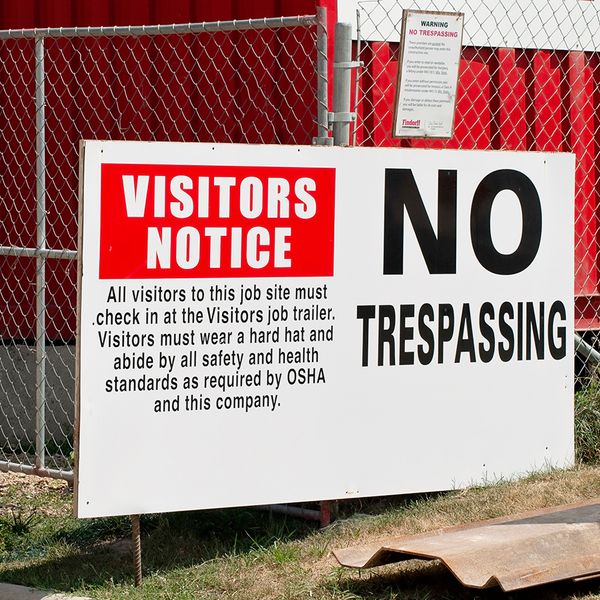Enhance motor carrier security during closed hours
The trucking industry has always been a prime target for theft, but innovative strategies used by thieves are testing even the most fortified fleets during the weekend and holidays, when operations are closed.
Increasing thefts
Most cargo theft activity occurs during the closed, non-business hours at unsecured trucking terminals. Thieves conduct surveillance and develop patterns before breaking into trucking yards during the weekend hours or holidays. If the trucking yard does not have onsite security personnel or an alarm system, then thieves will operate under the cover of darkness to evaluate the freight. Organized cargo groups prefer food and beverage shipments because they are difficult to trace, but they will steal just about anything.
Implement best practices
Motor carrier employees, including drivers, dispatch, and operations, must remain vigilant to protect customer freight and company assets, and this is especially true during the weekend hours.
Fleets can deter theft by implementing the following security policies during closed hours:
- Ensure trailers are docked, butted, and blocked at the terminal
- Utilize kingpin locks for trailers that contain high-value freight
- Ensure that alarm systems are functional by conducting weekly tests
- Utilize GPS technology to geofence equipment on the yard
- Create security awareness training for drivers and others who play a role with staged trailers
Layered security approach
Each trucking terminal should maintain a site-specific loss prevention and security program that evaluates the location, facility structure, and historical theft data to determine the appropriate security levels. The larger less-than-truckload (LTL) carriers each have approximately 250 locations, but each location should have its own security program. As an example, a large terminal in Los Angeles may require security guards, CCTV, and an alarm system as opposed to a smaller terminal in rural Arkansas that requires an alarm system only.
Basic security layers may include the following:
- High-definition CCTV system with minimum 60 days of retention
- Reputable security officers
- Perimeter alarm systems with motion sensors and video detection
- LED lighting in the yard
- Perimeter fence with gate-controlled access
Security professionals, including contracted industry experts and/or in-house risk management team members should conduct annual inspections at each terminal in addition to unannounced inspections. Furthermore, consider collaborating with local trucking companies to obtain relevant information about current trends. Connect with your peers and participate in industry associations that are focused on reducing theft at your trucking companies.
With the July 4th holiday approaching, prepare now to ensure that you are not the next victim of a large cargo theft. Freight at rest is freight at risk, and this is especially true during the long holiday weekends.






















































